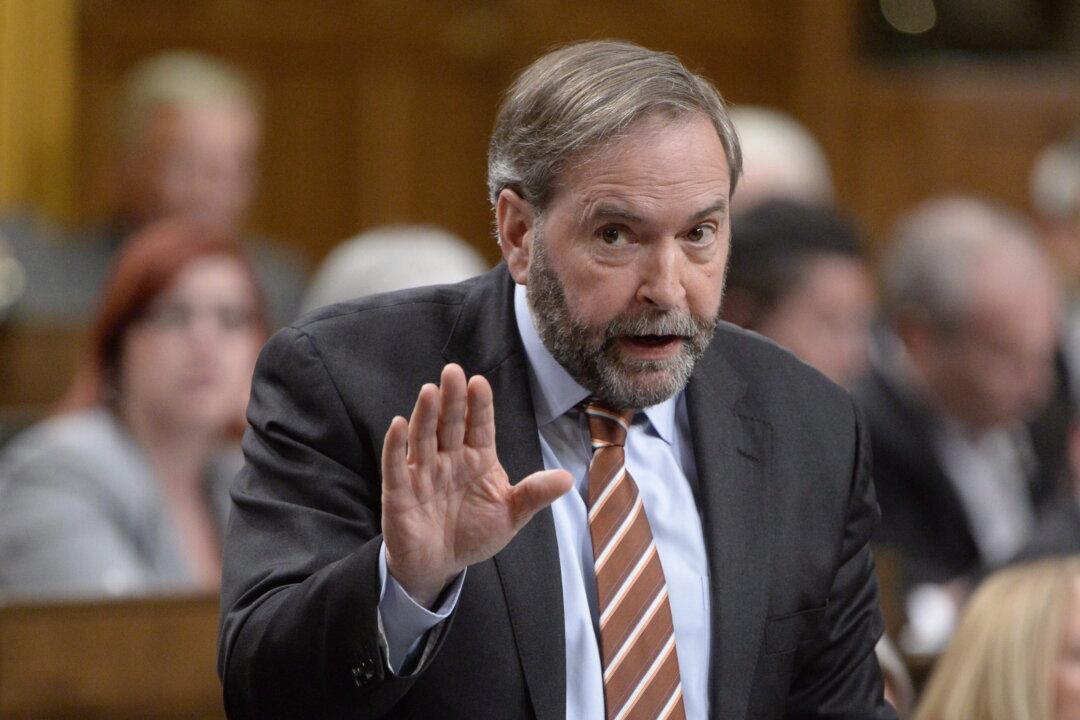Greg Fergus should resign from his position of House Speaker after expelling Opposition Leader Pierre Poilievre from question period April 30, says former NDP Leader Tom Mulcair, calling the move “blatant partisanship.”
“This was not only precipitous. For me it was manifestly, obviously partisan, and I don’t come at that lightly,” said the retired politician-turned political analyst during CTV’s Power Play program on April 30.





